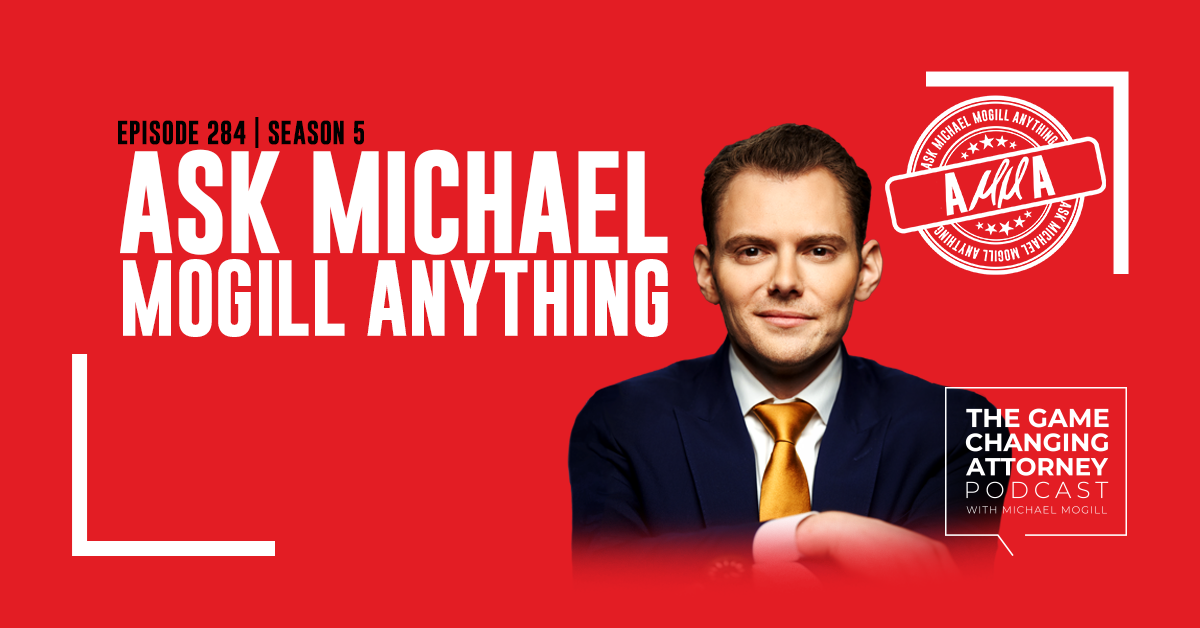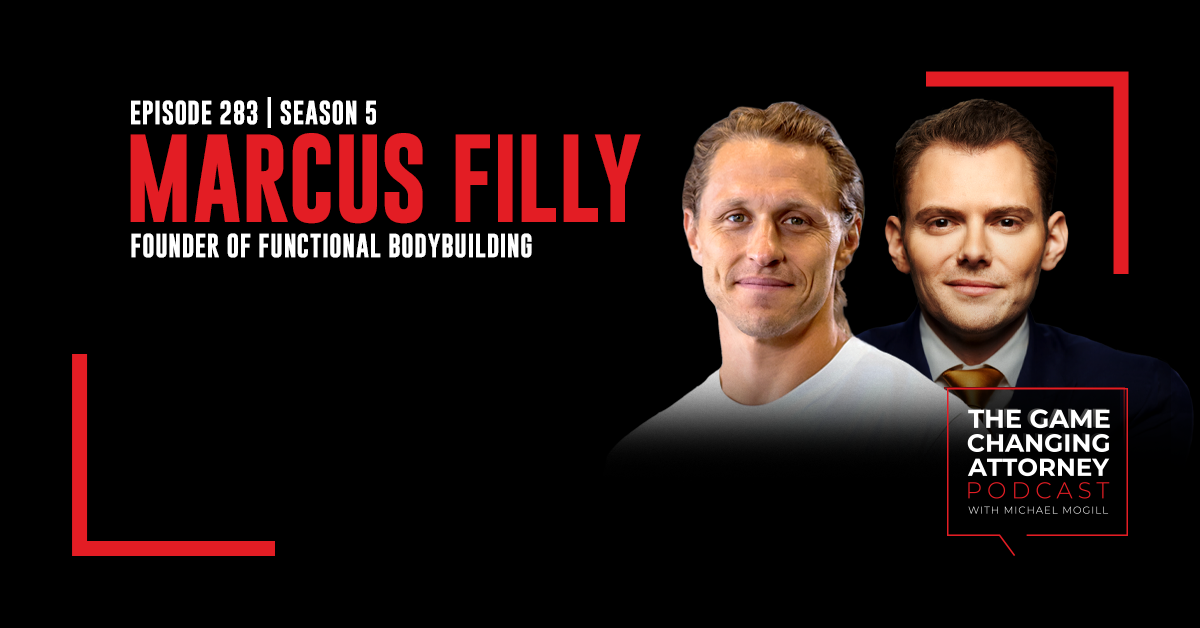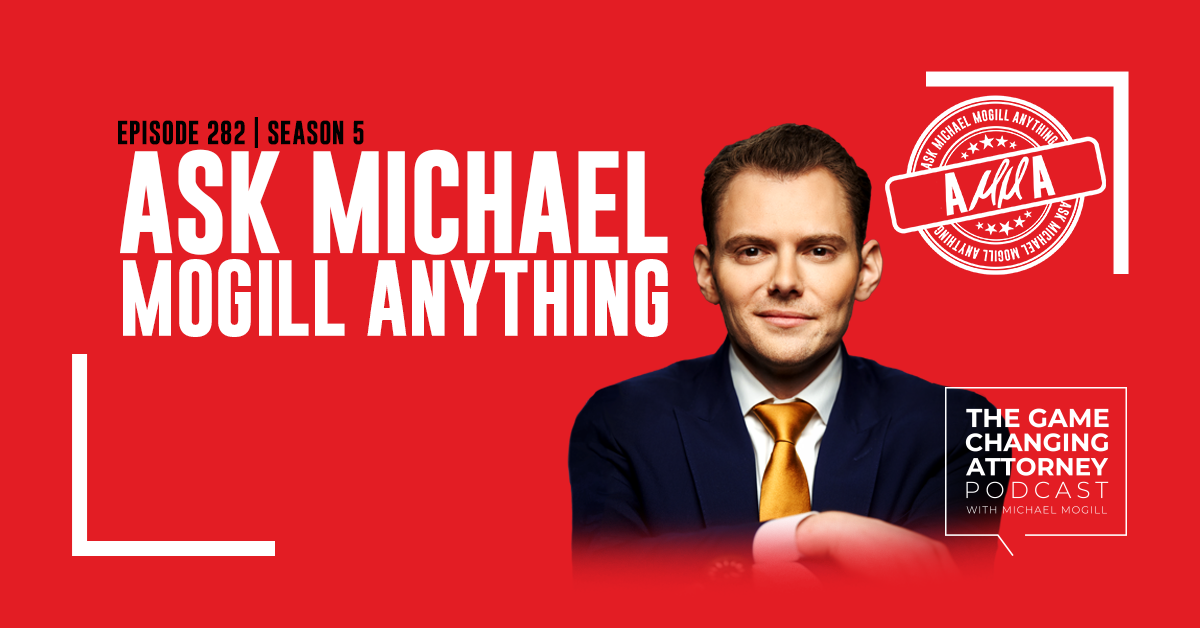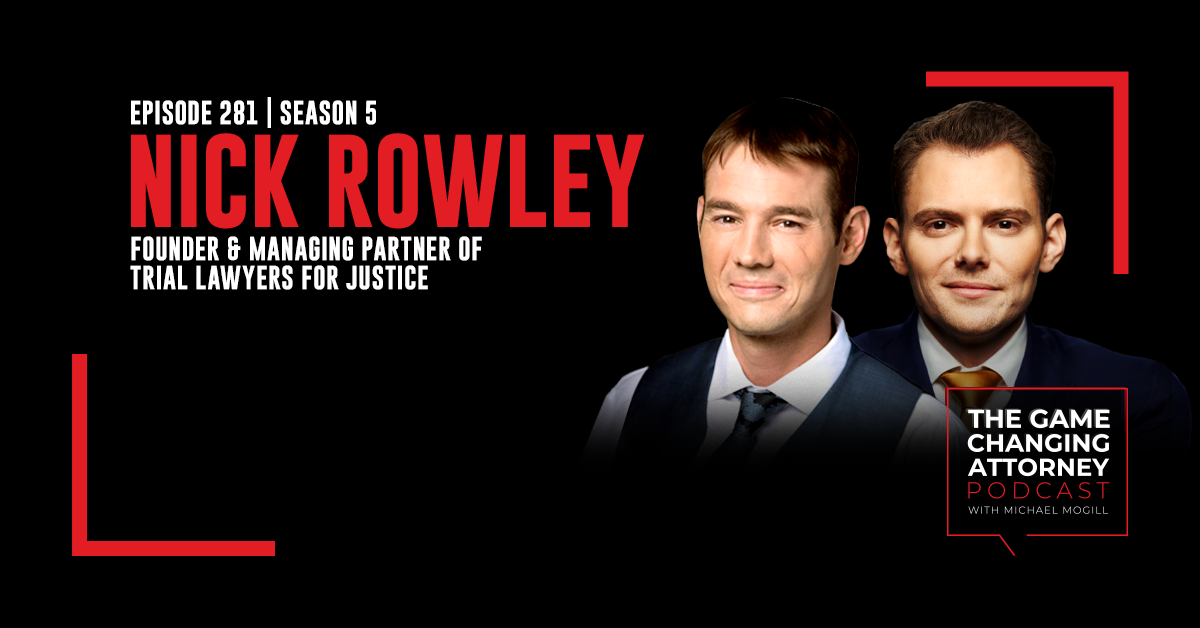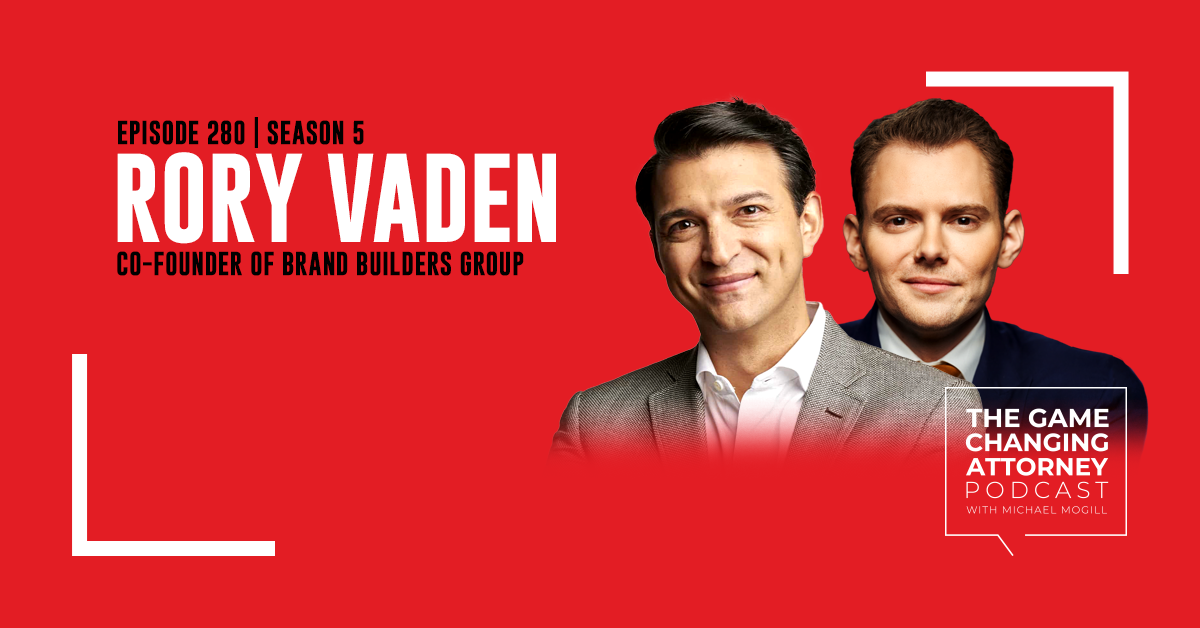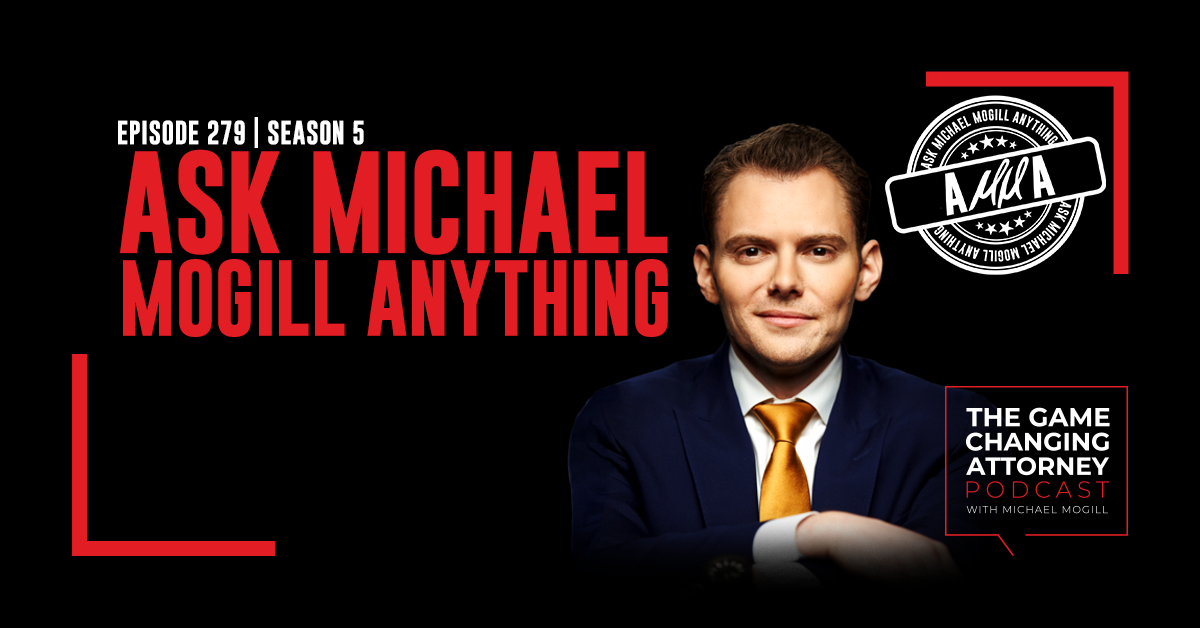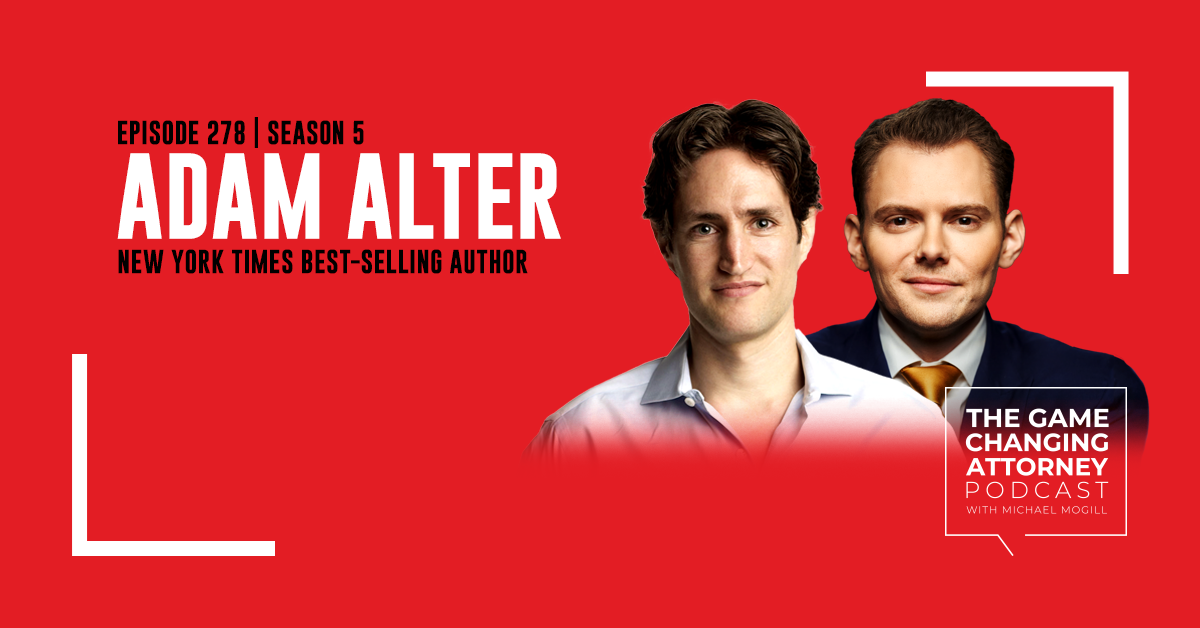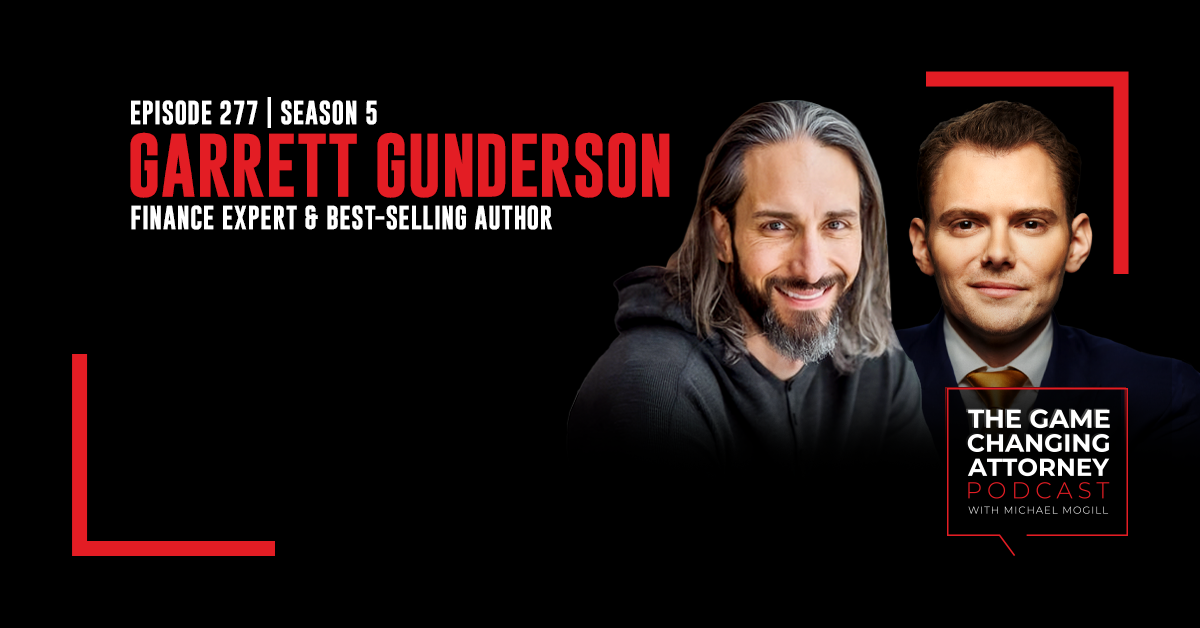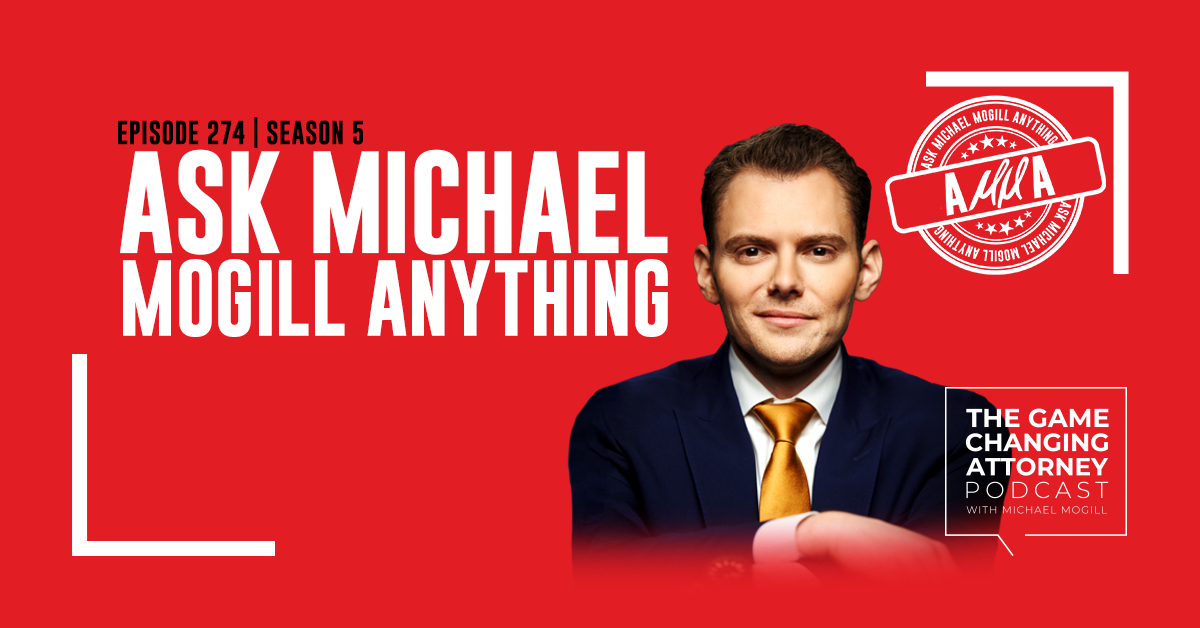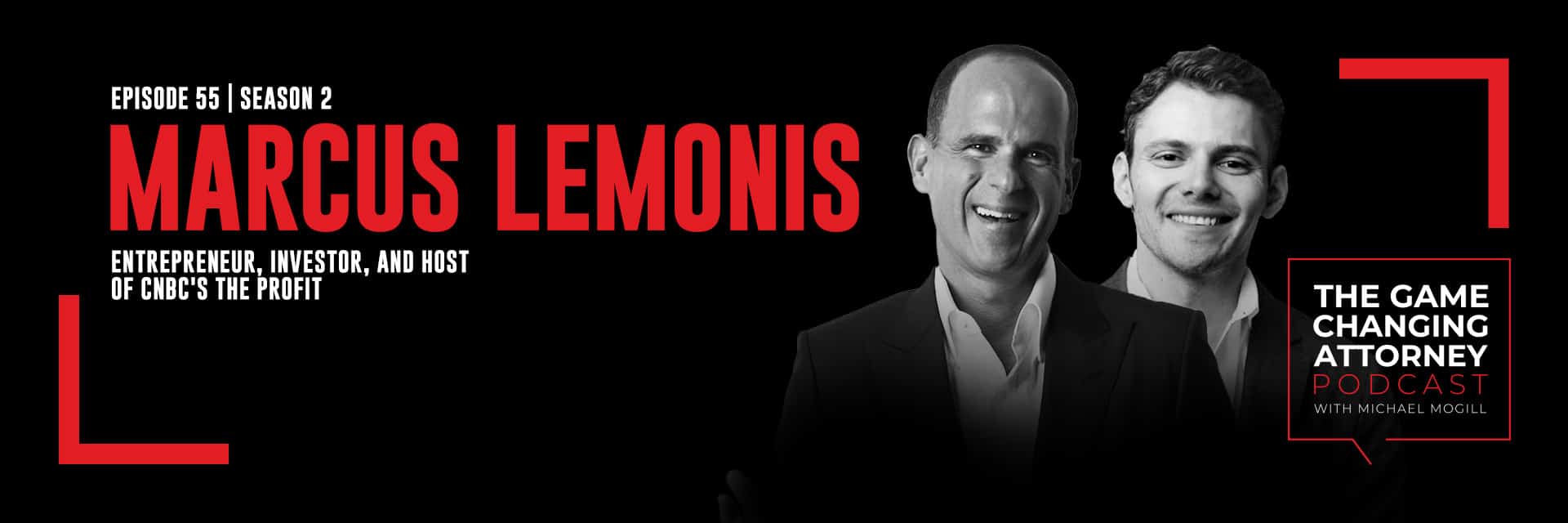
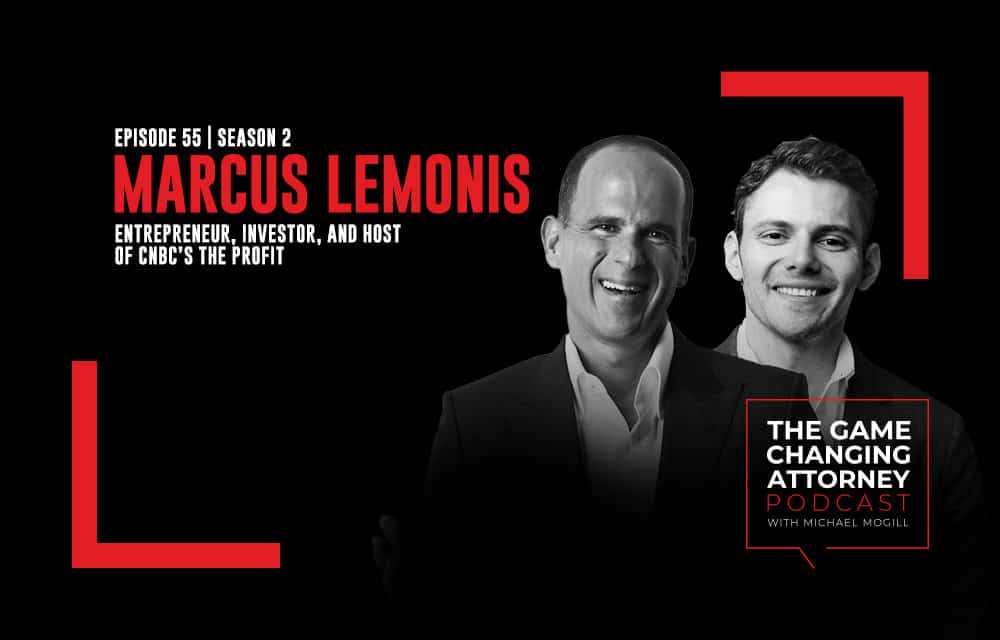
EPISODE 55 — Marcus Lemonis — The Three Keys to Business: People, Process, and Product
Marcus Lemonis is a business titan, philanthropist, and star of CNBC’s The Profit. Over his years of entrepreneurial pursuit and investing, Marcus has accumulated tremendous knowledge on what it takes to grow businesses and steer them in the right direction.
In this episode, you’ll get an inside look at the man behind the fame, and unlock answers to questions such as:
- Why is Marcus more interested in what’s happening on the shop floor than in the boardroom?
- How did embracing his mistakes help Marcus to build his empire?
- Why are the principles of running a multi-million dollar business and a mom-and-pop store are ultimately the same?
- Did Marcus really spend $75 million on his business education?
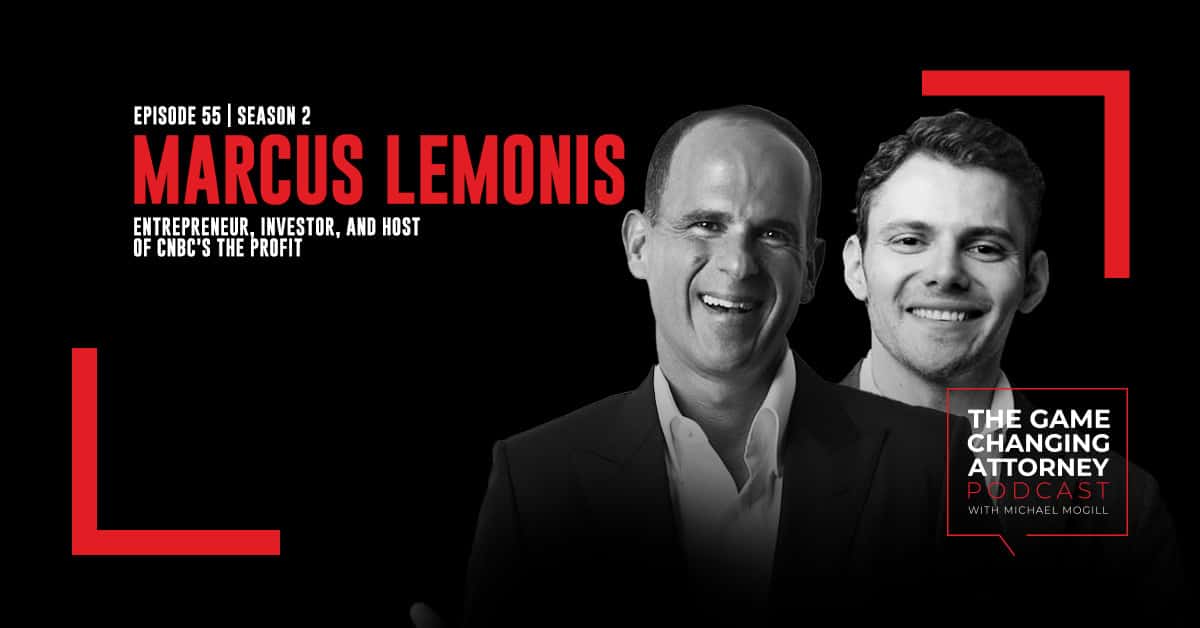
Listen & Subscribe
Show Notes:
7:27 – The best mentor is the one working on the front lines. “People assume that a mentor is an elder statesman with financial and business success who’s going to teach you how to be like them. And I would say that it was quite the opposite for me. My mentors along the way were people on the front line. That gave me a different sense of reality than you would see from an ivory tower, understanding how the worker is affected by the employer, and how the worker is affected by the customer. I learned early on that in order for me to be successful in business, I would have to have my ear closer to the ground at the front line, not at the executive office level. In many cases, that got me in trouble because I didn’t play the game of politics. But I realized that it was the performance of the people that I worked with, not my own performance that opened up the doors for me.”
9:47 – Everything in business comes down to people, process, and product. “When I talk about people, process, and product, it’s really quite simple: you can’t be in a business and sell a product or a service that people don’t need or can’t relate to. The product has to be relevant, it has to be market competitive, and it has to be something that people actually want today and tomorrow. On the process side, it really is as simple as taking a relevant product or service and delivering it to the consumer in a way that they understand. And the people side of things matters because if you have a relationship with somebody that’s more than transactional, it ultimately works.”
14:41 – Fully own your mistakes. “The most important thing to push the business forward is to take the full brunt of a mistake. If I look at my 20 years of building my business, I had to have a strong dose of humility and reality to the good decisions I made, but more importantly, to the mistakes that I made. It’s a hard thing to do, and I struggled to do that in the early part of my career. The unfortunate part of doing that is that the acknowledgement of the mistake isn’t something that you can ever erase. It isn’t something that anybody’s going to ever forget. And it will always be something that people will throw back in your face. It shouldn’t change the way you move forward. It’s something that requires you to build thick skin and have more temperance on your next decision. But when you’re an entrepreneur and you’re a risk taker and you’re a leader, it usually does nothing. The acknowledgement ends up being more for your humility and more for your people to see that you don’t have all the answers. I would say that the acknowledgement of my several mistakes is what’s allowed the business to blossom long term.”
17:03 – Size doesn’t matter when running a business. “The principles behind running a small coffee shop and running a $7 billion business are ultimately the same. Yes, the product you’re selling is different and yes, there’s a bigger system and a bigger infrastructure, but the theories are relatively the same. With a large company, the problems are more complex and the resources are more bountiful. The downside of running a small business is that you’re really lacking a lot of resources in your mind, and you walk into a scenario where you believe that you can’t compete with somebody bigger than you — and I think all of those things are nothing more than excuses. What’s helped me help smaller-sized businesses is taking all these learnings and all these mistakes that I’ve had in my own life, and reminding them that 2 + 2 = 4, no matter the size of the business. Interacting with an employee is the same regardless of the size of the business, as is responding to a customer in a professional and timely manner. This idea that small or big should dictate the way that you run your business is a bit flawed.”
33:52 – Mistreating co-workers is a fireable offense. “The one non-negotiable that exists in any business that I’m involved in is that we can disagree and argue like brothers and sisters, but we can never disrespect each other. If you do, you’re gone. You don’t work here anymore. We spend more time at work than we do with our families, and the last thing I want to do is hang out with somebody who I don’t like or who doesn’t like me.”
35:04 – Know when to speak out in public. “The best advice I can give a CEO — which I don’t even take — is to stay out of the public forum of hot societal topics. The challenge that I have is that I live two separate lives: the CEO and owner of a public company, and a voice for those who don’t have one. I struggle with where those lines become very blurry. It’s gotten me in trouble many times, to the point that my close friends tell me to stop. But I can’t, because then who’s going to solve the problem for the people that either lack the resources or the voice to solve their own problem? If it costs me money to stand up for what is right, then so be it. It’s hard to live two separate lives. If you made me choose today between advocating for businesses across America or being the CEO of a public company… it would be a very easy decision. And it would be one that I think would give me the most important legacy of all, not built on wealth but on impact, which I ultimately want to be known for.”
48:32 – Recruiting helps you and your company. “I wake up every day and wonder where I’ll find the next great talent. I know that I struggle as a leader because of deficiencies in certain areas: technology, marketing, manufacturing, you name it. There’s a lot that I don’t know how to do. The only thing that I do know how to do is identify good talent and put them in positions where they can run businesses better than me and receive better compensation than they used to. But I spend the bulk of my time recruiting. Second, I’m a list maker. When I go to bed, I write down the four or five things that I have to get done tomorrow, and the four or five things that I’d like to get done tomorrow. Then I try to knock those things out, because other people are relying on me. So that’s why recruiting became so important, because people can’t be waiting for me to get to them.”
50:06 – Understand when to accept feedback. “The worst advice that I’ve received is, ‘Don’t change and always be yourself.’ The best advice I’ve received is, ‘Be who you are, but understand that the world changes and the people around you change.’ Both of those gave me permission to be myself, but only one acknowledges the need to be a chameleon. I think it’s okay if people wiser and smarter than me offer feedback. I love constructive feedback. Oddly enough, I usually seek it from the oddest of places. I don’t seek it from the wealthy or the ‘successful’ people, but from the most unassuming people because they’re closer to reality than I am.”
51:23 – Being a game changer is about trust. “It means taking a chance on yourself and taking a chance on other people and trusting in people. The good old fashioned handshake is the single biggest game changer in business today. If you shake somebody’s hand, it should mean something. And if you honor that, then they’ll do the same. That’s the game changing moment.”
EPISODE RESOURCES & REFERENCES
Senator Bob Graham
Wayne Huizenga
Lee Iococa
Auto Nation
Camping World
8-track tape
U.S. Securities and Exchange Commission
The Profit (TV show)
CRM
Connect with Michael
- Text directly at 404-531-7691
